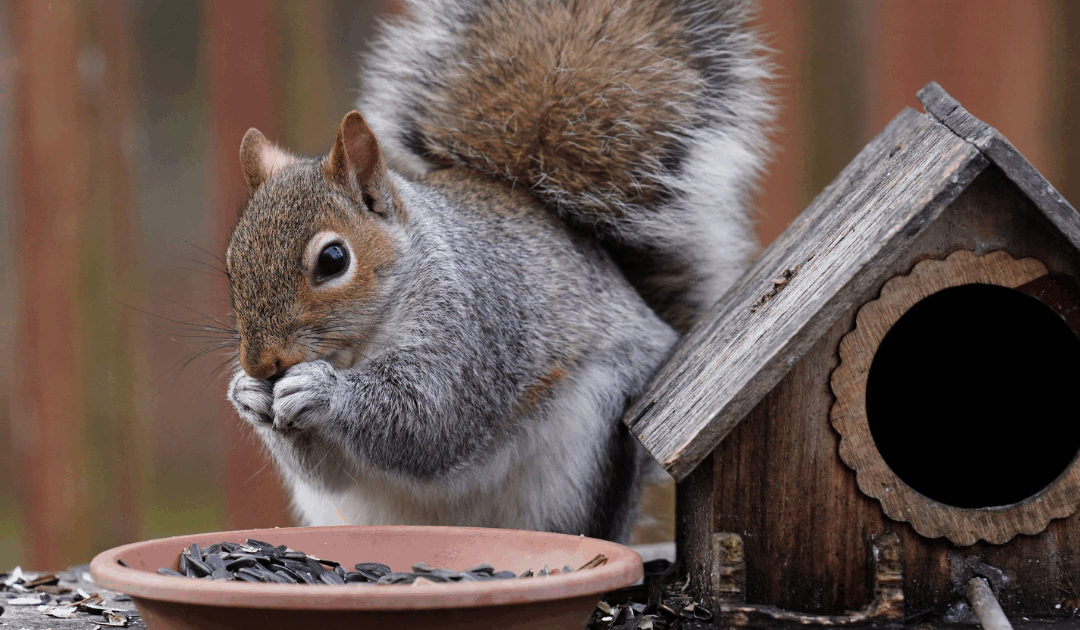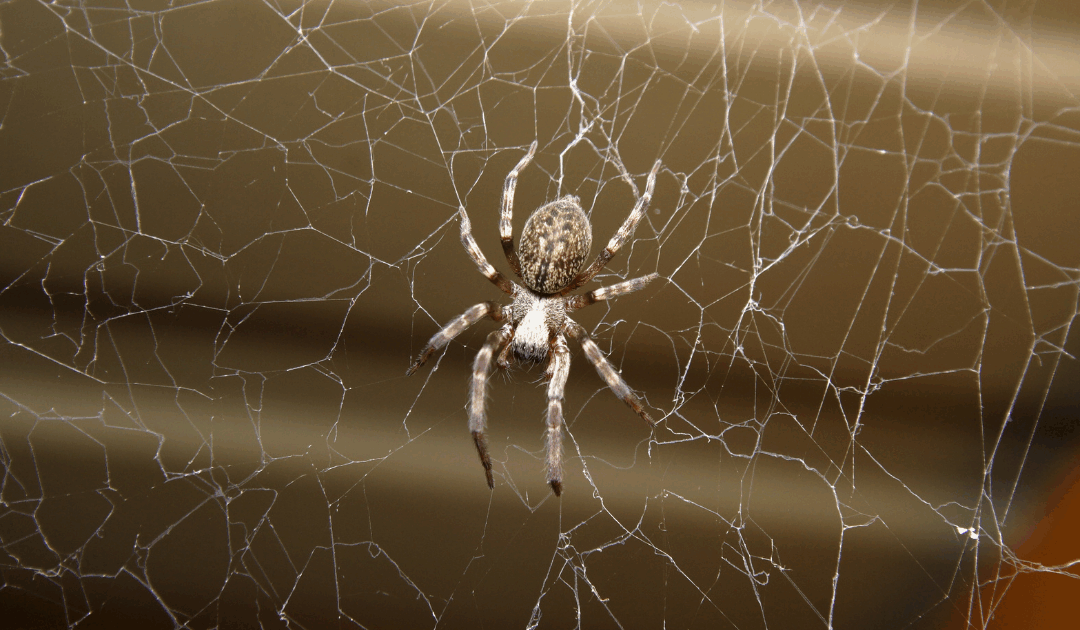READY TO GET STARTED?
REQUEST A FREE ESTIMATE
Fill out the form below or call (888) 466-7849 for a free, no-obligation estimate.

Commercial properties face unique pest challenges that demand specialized expertise. Unlike residential settings, businesses must keep environments pest-free while protecting inventory, preventing operational disruptions, and maintaining a strong professional reputation. Professional commercial pest control goes beyond occasional treatments. It’s a comprehensive, science-based approach that addresses the root causes of infestations and prevents them from returning. Here are the proven strategies commercial exterminators use to keep businesses protected year-round.
Regular inspections are essential to staying ahead of pest issues. Commercial exterminators create monitoring schedules based on property type, industry regulations, and seasonal pest patterns.
Inspections focus on entry points, moisture sources, food storage areas, waste systems, and structural vulnerabilities. Tools like infrared cameras, moisture meters, and borescopes help detect hidden issues before they become infestations.
Detailed documentation supports compliance, trend analysis, and long-term planning. Many exterminators now use digital monitoring systems and real-time reporting to track activity and fine-tune strategies.
Every business type has unique pest pressures, and commercial exterminators tailor protocols accordingly:
Prevention begins with making the environment less welcoming to pests. This includes:
Modern pest control uses cutting-edge tools to maximize results while minimizing disruption:
Many industries require detailed pest control records for audits and regulatory compliance. Commercial exterminators provide documentation that includes inspection results, treatment details, photographic evidence, and trend analysis.
They also train staff to recognize pest signs, follow sanitation best practices, and respond promptly to concerns.
Commercial pest control is an investment in your business’s continuity and reputation. By partnering with experienced professionals, you gain strategies that prevent recurring infestations and protect your property, inventory, and customers.
DIY or one-time treatments can’t match the systematic approach and tailored expertise of professional pest management.
For consistent results and year-round protection, work with your local commercial pest control experts. They’ll create a plan that fits your industry, protects your operations, and keeps pests where they belong—outside.

On August 26, Gainesville, GA teammates gathered at Fire Station 1 for a special cookout to honor local police officers, firefighters, and EMTs.
Firefighters gave teammates a rare, behind-the-scenes look at what it takes to serve in their role. Northwest Teammates learned how to operate the Jaws of Life by playing an oversized game of Jenga, felt the strength of the water flow while handling a fire hose, and even practiced knocking down a locked training door using firefighter tools. One teammate suited up in full gear to experience the weight and intensity of what firefighters carry when responding to emergencies.

“It was a fun, informational, and eye-opening way to get a small glimpse of the skills and strength they put into their work every day,” said Gainesville Office Manager Crystal Munday.
At Northwest Exterminating, First Responder Cookouts are our way of showing appreciation to the men and women who dedicate their lives to keeping our communities safe. This afternoon of appreciation and fellowship wasn’t just about great food and fun; it was a meaningful opportunity to connect with the first responders who protect the communities where we live and work.


For the first time, Northwest Exterminating’s Good Deed Team partnered with Connections for Special Parents to sponsor a fishing trip for children with disabilities. The fun filled day of activities took place on August 16 at Lake Hartwell in Hartwell, GA.
For many of the children, it was their first time casting a fishing rod. The new experience brought excitement to the children and parents were delighted as they watched their children discover something new. The event gave everyone the chance to enjoy the great outdoors and connect with others in a safe and welcoming environment.
To make the day even more memorable, Good Deed Team Co-Director Greg Green provided lunch for more than 60 people, serving his Southeast (almost) famous hamburgers along with hot dogs, baked beans, potato salad, cookies and Popsicles. It was the perfect day for casting lines, creating new experiences and making fun memories.
Connections for Special Parents is an organization that provides resources and support to parents and caregivers who have children with special needs. The group helps children explore new experiences and opportunities in a safe and encouraging environment.
The Good Deed Team plans to continue this new partnership and find more future initiatives to support and serve these families in meaningful ways. The team enjoyed the chance to share time and in something new together.
At Northwest Exterminating we believe in serving communities with more than just pest solutions. We’re committed to finding ways to show care for people and spread kindness.

Broward County’s year-round warmth and lush vegetation make it a haven for squirrels. While they can be entertaining in parks, these agile climbers are less welcome when they invade attics, damage gardens, or chew through home structures. By understanding squirrel behavior and using strategies tailored to South Florida, homeowners can protect their property while maintaining balance with the local environment.
South Florida is home to several squirrel species, with gray squirrels and fox squirrels most common around residential areas. They use power lines, fences, and trees as travel routes and often seek shelter in attics, sheds, or crawl spaces.
Because Broward’s climate keeps squirrels active all year, the risk of property damage, noise, and potential health concerns is ongoing. Females typically have two litters a year—late winter and mid-summer—making these peak times for activity.
Early detection helps prevent costly repairs. Common signs include scratching or scampering in attics, especially at dawn or dusk, chewed roof edges or soffits, damaged screens, and gnaw marks on wood or wires. Outdoors, you may notice disturbed bird feeders, dug-up flower beds, or plants stripped of fruit and vegetables.
Remove attractants that encourage squirrels to linger. Trim branches at least six feet from the roof, clear fallen fruit and nuts promptly, and relocate or squirrel-proof bird feeders.
Cover vents, chimneys, and other openings with hardware cloth or metal screening, using mesh smaller than one inch. Seal gaps with caulk, foam, or metal patches, and reinforce vulnerable roof edges with flashing.
Sprinkle cayenne pepper or hot sauce around problem areas, or place cotton balls soaked in peppermint, eucalyptus, or citrus oil near entry points. Predator scents, like fox or coyote urine, can also discourage squirrels.
Use lightweight row covers, plant squirrel-resistant flowers like marigolds and alliums, or create decoy feeding spots away from your home and garden.
Check attics and roofs regularly for signs of damage or nesting materials. Pay special attention after storms, which can create new entry points. Motion-activated cameras can help track activity patterns.
Install chimney caps, vent guards, and tree banding to block climbing routes. These measures reduce access without harming wildlife.
If removal is necessary, use humane live traps with appropriate bait, following Broward County regulations on relocation. Complex situations may require trained wildlife experts who understand local squirrel behavior.
Encourage natural predators, and coordinate with neighbors for community-wide prevention efforts. Consistent approaches reduce squirrel pressure across the area.
Broward squirrel control works best with ongoing attention—seasonal inspections, refreshed deterrents, and regular maintenance of exclusion methods. By combining habitat changes, physical barriers, and humane deterrents, you can keep squirrels from becoming long-term houseguests while still protecting the wildlife that makes South Florida unique. For stubborn or recurring issues, experienced pest control professionals can help ensure your home stays squirrel-free. Contact pest control near you for a free quote!

No one enjoys walking into a web on the way to the mailbox or finding a surprise eight-legged visitor in the shower. If you live in Peachtree Corners and want fewer spiders without harsh chemicals or expensive treatments, eco-friendly methods can help.
Georgia’s warm, humid climate makes our area perfect for a variety of spider species. With consistent natural prevention strategies, you can reduce indoor spider activity while protecting your household and the environment.
Our subtropical climate supports common spiders such as house spiders and wolf spiders, with occasional brown recluses or black widows. Most are harmless and even help control other pests, but that doesn’t mean they belong in your living space.
Spiders move indoors seeking food, water, and shelter. Removing these attractions is the first step in keeping them out naturally.
Preventing entry is more effective than dealing with an infestation later. These strategies make your home less appealing to spiders while preserving beneficial insects.
Spiders can slip through tiny gaps. Inspect and seal potential entryways:
Clutter provides hiding spots and attracts insects spiders feed on. To limit this:
Outdoor lights attract insects, which attract spiders. Use yellow or sodium vapor bulbs, or opt for motion-activated lights to reduce insect activity near your home.
Eco-friendly repellents can help discourage spiders from entering your home.
Mix 10–15 drops of peppermint, citrus, tea tree, or eucalyptus oil with water in a spray bottle. Apply around windows, doors, and corners weekly or after cleaning.
Combine equal parts white vinegar and water. Spray along baseboards, entry points, and common spider areas. The scent fades quickly for people but lingers for spiders.
Add plants spiders dislike to your landscaping:
Consistency is key for long-term success.
Vacuum corners, baseboards, and under furniture. Remove webs immediately to disrupt spider activity and discourage return.
Limit humidity using exhaust fans in kitchens and bathrooms, fixing leaks quickly, ventilating crawl spaces, and using dehumidifiers in damp areas.
Since spiders feed on other insects, reducing indoor pest activity will naturally reduce spiders. Keep kitchens clean and promptly address any insect problems.
If spider activity persists, consider eco-friendly supplemental measures:
Natural spider control takes persistence but provides lasting benefits. Track where spiders appear most often and adjust prevention methods accordingly.
With consistent prevention, natural repellents, and routine maintenance, you can encourage spiders to stay outdoors where they belong.
Spiders do play a role in controlling other pests, but the goal is to keep that work outside, not inside your home. For ongoing prevention and targeted solutions, contact your local pest control professionals. They can create a customized plan that supports your eco-friendly preferences while keeping your home web-free.